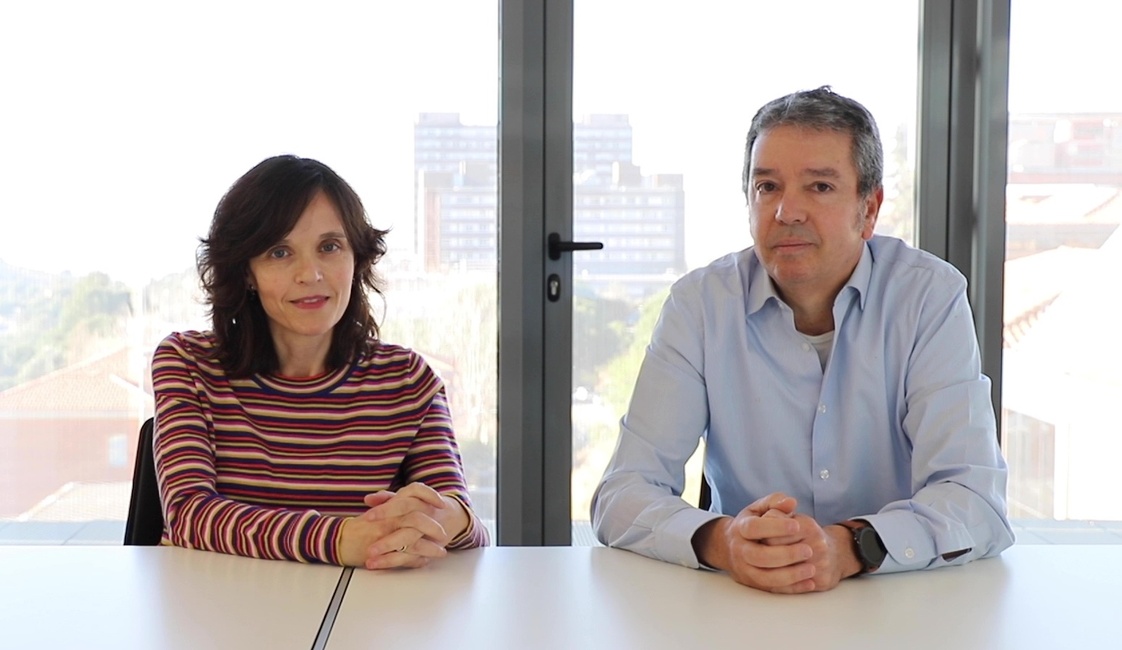Great success of the course on new genomic methods for diagnosis in hematology for biomedical professionals "Next generation diagnosis in leukemia"
The course brought together hundreds of professionals, national and international, in the field of leukemias to delve into the challenges and opportunities that new genomic analysis techniques offer to improve the clinical diagnosis of malignant hemopathies.

Organized by Dr. Eulàlia Genescà and Dr. Francesc Solé, members of the Josep Carreras Leukemia Research Institute, and endorsed by the Spanish Society of Hematology and Hemotherapy (SEHH), the course offered lectures from 29 professors, all of them international references in their respective fields, whom shared their vision on how genetic information improves diagnosis and treatment of leukemia patients, and the new generation techniques for obtaining and analyzing this kind of information, that are already being applied in the clinic.
Genetic and chromosomal alterations in cancer have been known for decades, but in recent years methodologies capable of analyzing them in greatest detail, and at low cost, have been developed. Thus, the genomic analysis of patients is already one more diagnostic tool that the professional must master to define the prognosis of the disease and select the best treatment.
To this end, the "Next generation diagnosis in leukemia" course reviewed for three days, starting May 17th 2021, the main genetic alterations of hematological neoplasms and their most common genetic diagnosis techniques, both classical -cytogenetics, FISH, SNP arrays - and contemporary -Optical Genome Mapping, targeted sequencing or full genomic (or exomic) sequencing.
The participation of the attendees, more than 600, was excellent and during the course debates were opened on the importance and / or need to centralize genetic studies, systematize data collection and on the best methods to preserve biological samples, among others. At the end of the course, an open debate was fostered on the present and future of artificial intelligence in the field of hematology, an emerging technology that will give much to talk about, according to experts. All talks are available on the course website for 3 months.
The first edition of the course was very well received by the attendees, who described it as "excellent, impressive, up to date and essential" at the end. With these sensations and in view of the advances that are to come, Doctors Genescà and Solé are already thinking about organizing the next edition of “NEXT”, in 2022.